FIFA Club World Cup
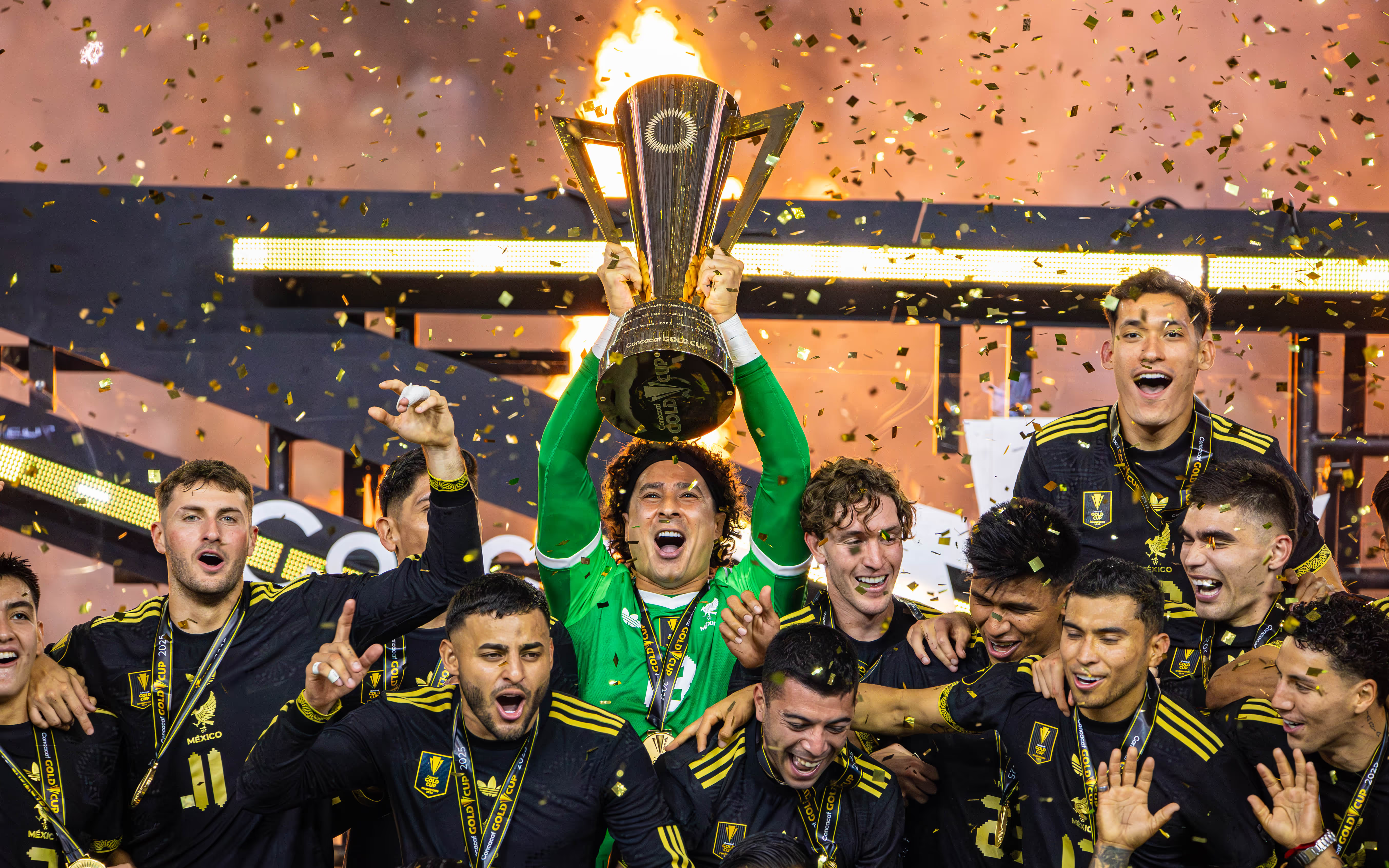
In front of more than 70,000 fans at Houston’s NRG Stadium, Mexico reaffirmed its dominance in CONCACAF with a gritty 2-1 win over the United States to lift its record 10th Gold Cup trophy. For El Tri, it was more than just another title — it was a statement of resilience and an early benchmark for 2026 World Cup ambitions on home soil. For the U.S. Men’s National Team (USMNT), it was another reminder that a changing of the guard is still very much a work in progress.

The night began with a spark from the underdog. In just the fourth minute, U.S. defender Chris Richards rose highest to nod in Sebastian Berhalter’s pinpoint free kick — his header glancing off the crossbar and bouncing over the line before Mexican keeper Luis Malagón could react. It was a moment that stunned the pro-Mexico crowd and momentarily turned the final on its head.
For the first time in the tournament, Mexico found themselves trailing. But if there’s one thing this storied rivalry teaches repeatedly, it’s that momentum rarely stays with the U.S. for long when Mexico is in determined form. By the 27th minute, Raúl Jiménez — one of Mexico’s most experienced forwards — restored parity with a thunderous left-footed finish after a smart setup from Marcel Ruiz. The celebration was heartfelt and bittersweet: Jiménez honored his late former teammate Diogo Jota, who had tragically died in a car accident days prior.
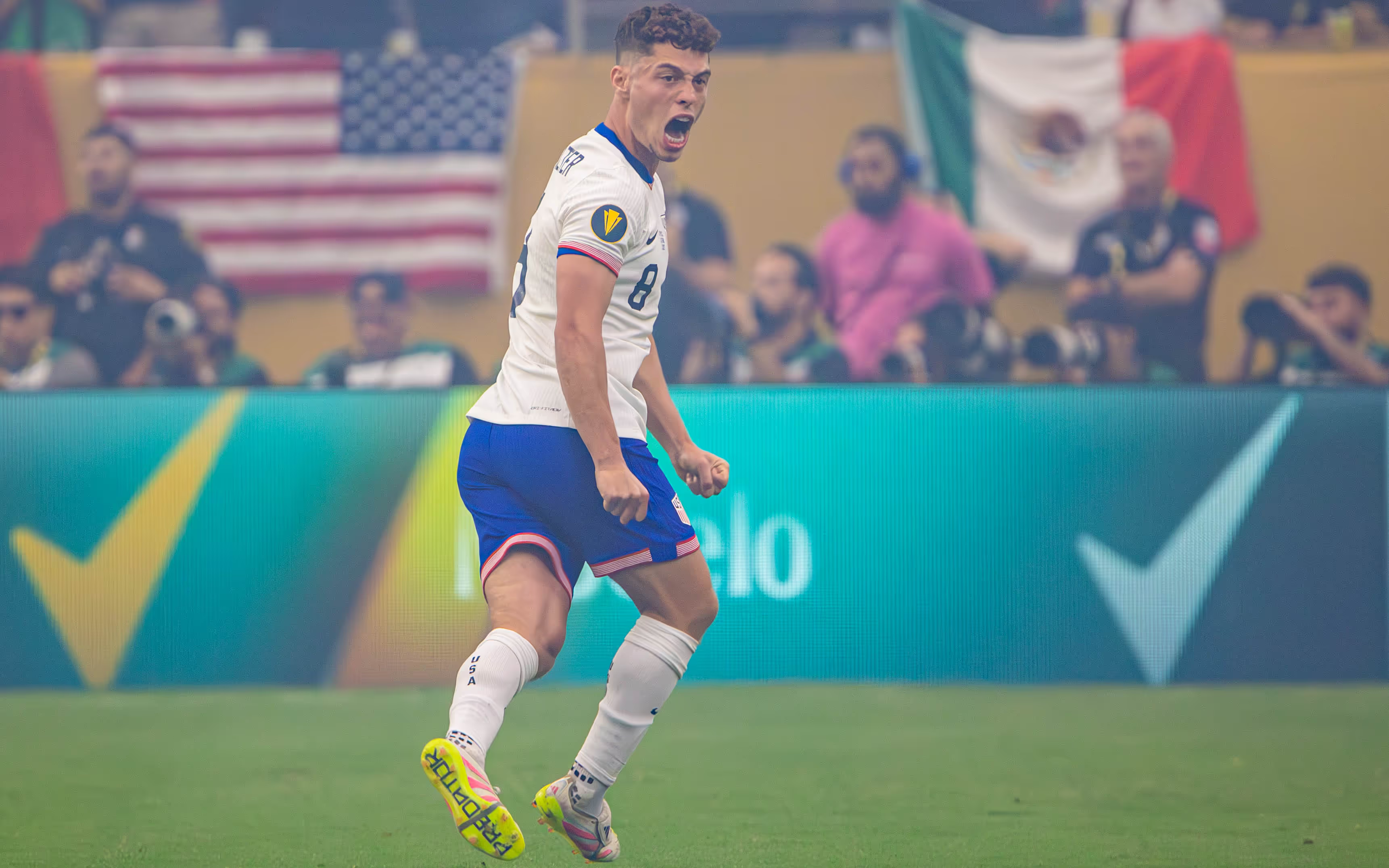
From that point, Mexico steadily seized control. While the U.S. pressed at times, they struggled to connect passes and maintain possession under pressure. Mexico’s midfield, anchored by the industrious Edson Álvarez, continually recycled possession and probed for openings.
The breakthrough came in the 77th minute, though not without drama. After Alexis Vega won a free kick on the flank, Johan Vásquez’s flicked header found Álvarez, who surged through the defense to score what would be the match-winner. Initially flagged for offside, the goal stood after a VAR review — a justified decision that sealed Mexico’s win and sparked wild celebrations.

While the Americans will feel frustrated at letting an early lead slip away, there are some positives to glean from this run. With many senior stars, including Christian Pulisic and Weston McKennie, absent to rest or focus on club duties, the U.S. fielded a relatively youthful and untested squad. Players like Chris Richards, Matt Freese, and Luca de la Torre gained valuable experience under the Gold Cup’s bright lights — a necessity with the World Cup looming on home soil in 2026.
U.S. captain Tim Ream summed up the team’s regret and reality. “We started really well, but then we lost a bit of calmness when we won the ball,” he admitted postgame. The performance revealed a lack of composure and an inability to break Mexico’s defensive shape when it mattered most — traits that a young squad must develop if it wants to close the gap.
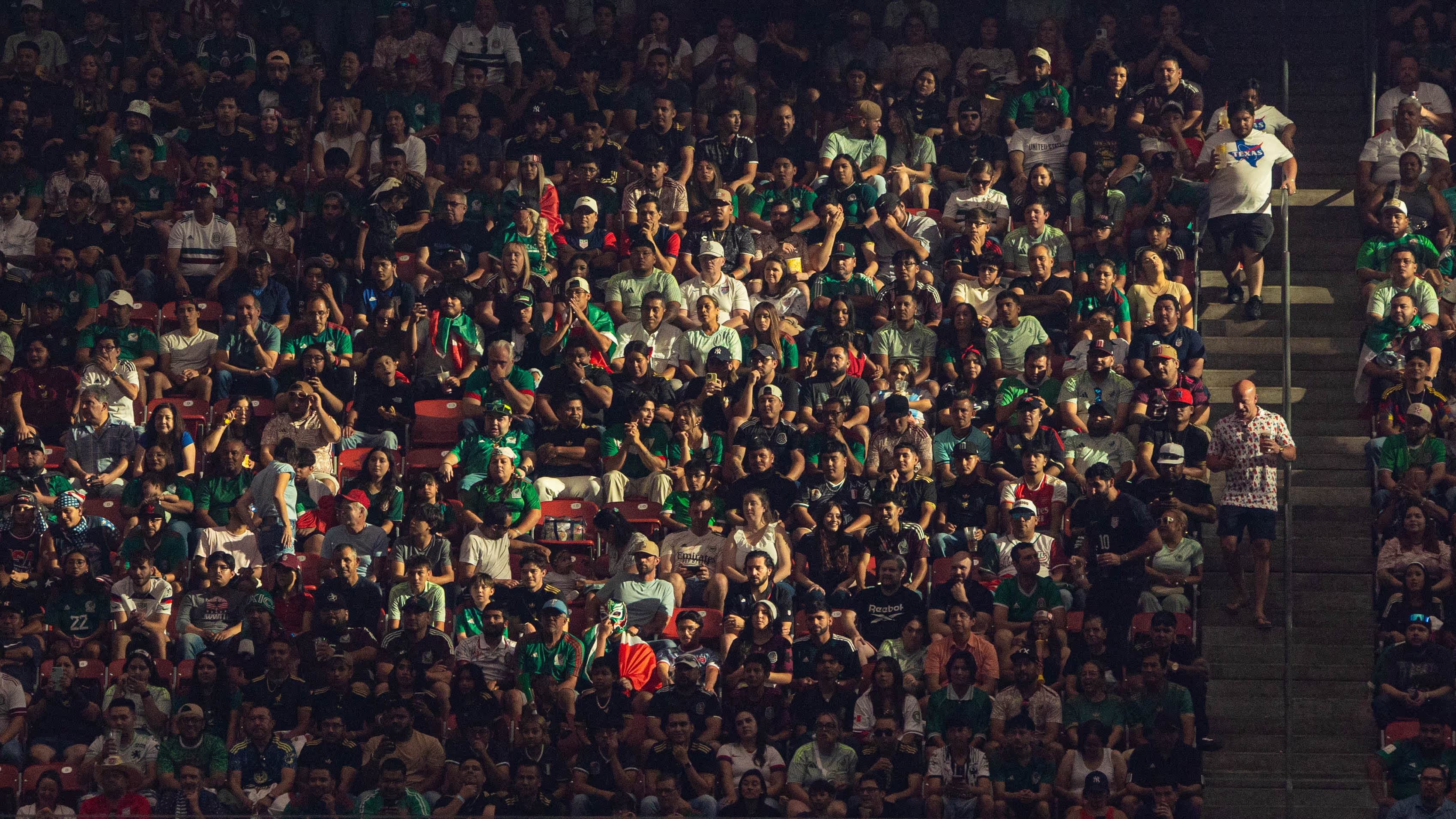
Coach Javier Aguirre has now delivered back-to-back Gold Cup titles and a Nations League crown for Mexico in just over a year — the first manager in the country’s history to achieve that feat. Yet while the results are historic, the performances raise lingering concerns.
Despite their clear dominance in possession and territorial advantage against the U.S., Mexico’s finishing often lacked clinical edge. Multiple shots were saved comfortably by Freese, and only VAR intervention spared Mexico a potentially frustrating draw. These are the kind of inefficiencies that could be punished by stronger opponents in a World Cup knockout match.
More concerning for some fans is the conservative tactical approach. Aguirre has instilled a defensively disciplined shape, but whether it will be enough to take Mexico deeper than the Round of 16 at the World Cup — their long-standing ceiling — remains to be seen. Promising talents like Gilberto Mora and Alexis Vega have stepped up, but there is a sense that the player pool still needs more cutting-edge options, particularly up front.

'
One of the under appreciated stories of this year’s Gold Cup is how much the so-called ‘smaller’ CONCACAF nations have raised their game. Panama went undefeated in the group stage, with Ismael Díaz finishing as the tournament’s top scorer. Guatemala continued its steady climb, showing more tactical cohesion than in years past. Even Canada, who reached the 2023 Nations League Final, has invested heavily in development infrastructure.
It’s clear that the gap between Mexico, the U.S., and the rest of the region is narrowing — an encouraging sign for the overall competitiveness of CONCACAF. The days of guaranteed Mexico-U.S. finals may not be numbered yet, but they’re certainly under threat.
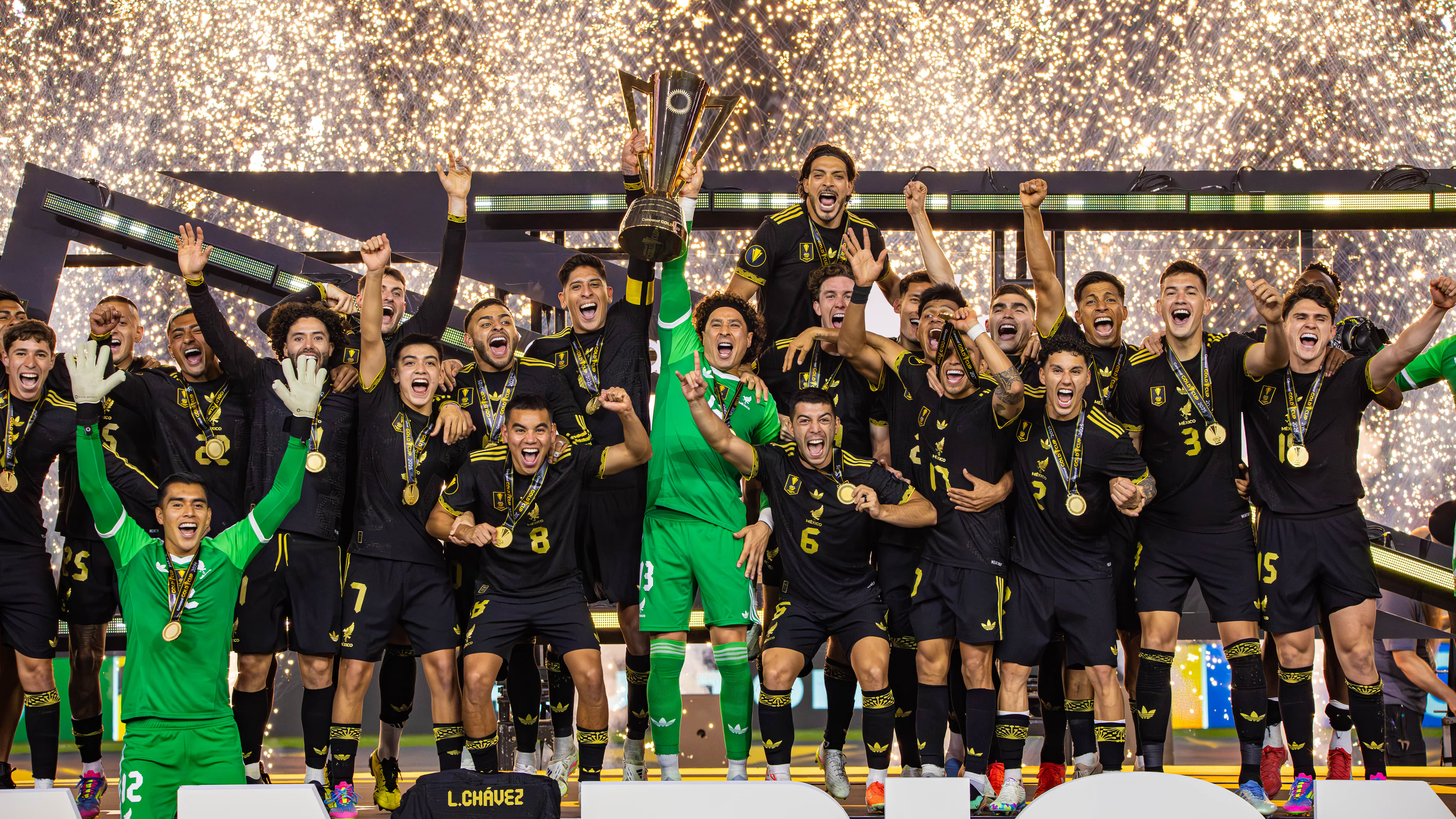
Mexico will have the luxury — or burden — of playing only friendlies until the 2026 World Cup, thanks to their automatic qualification as co-hosts. For Aguirre, that means a delicate balancing act: maintain momentum, blood new players, and find tactical solutions for a team that sometimes flatters to deceive when the stakes are highest.
The U.S., meanwhile, must use this tournament as a hard lesson in player development and tactical identity. With a new generation eager to make its mark, the question is whether they can combine youthful energy with the composure needed to close out tight matches on the biggest stage.
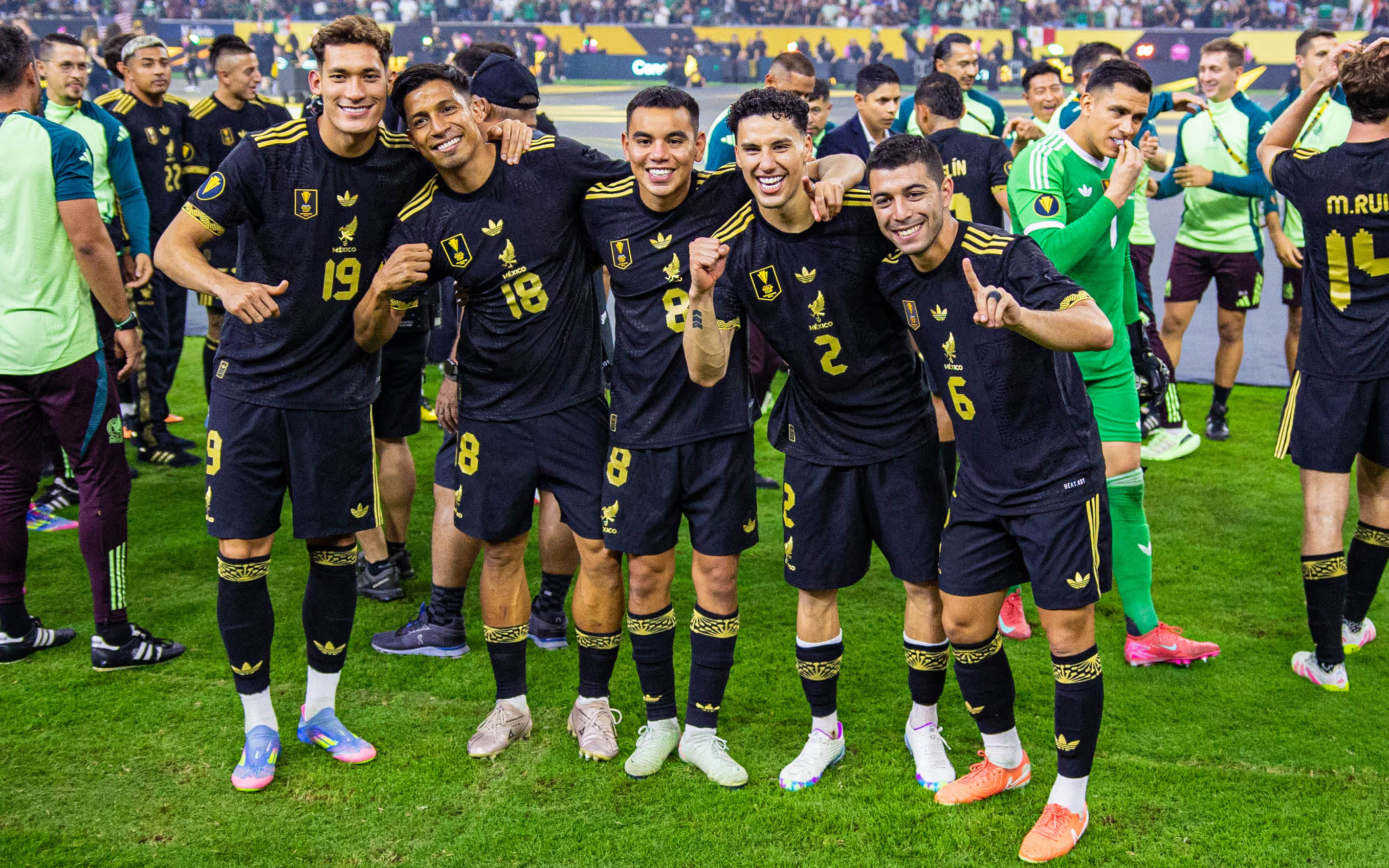
Sunday’s final wasn’t just another Mexico-U.S. showdown — it was a snapshot of where the rivalry, and the region, stand today. Mexico remains the standard-bearer, but not by an insurmountable margin. The U.S. is learning that talent alone won’t win silverware — poise, depth, and ruthless execution do.
As the countdown to 2026 continues, one thing is clear: the rest of the region won’t wait politely in the wings. The kings of CONCACAF are still on top, but their throne is more fragile than ever.